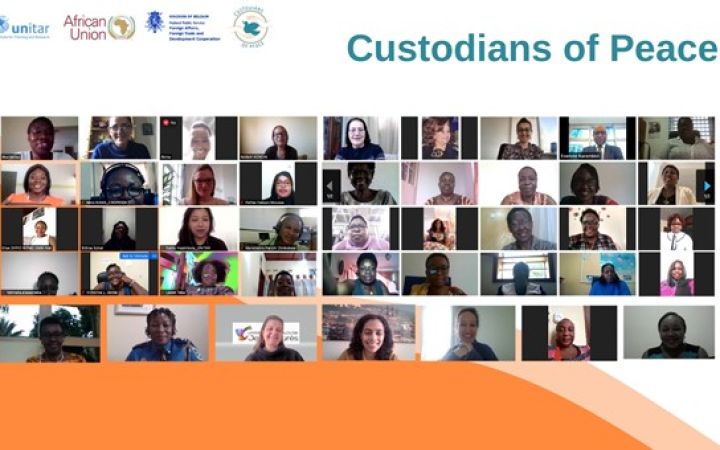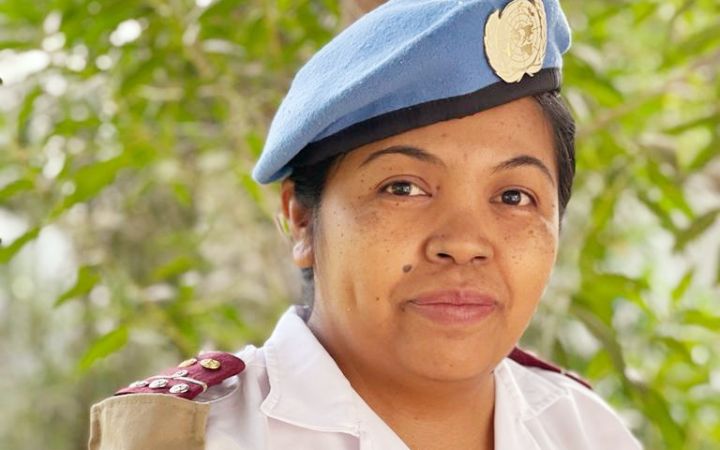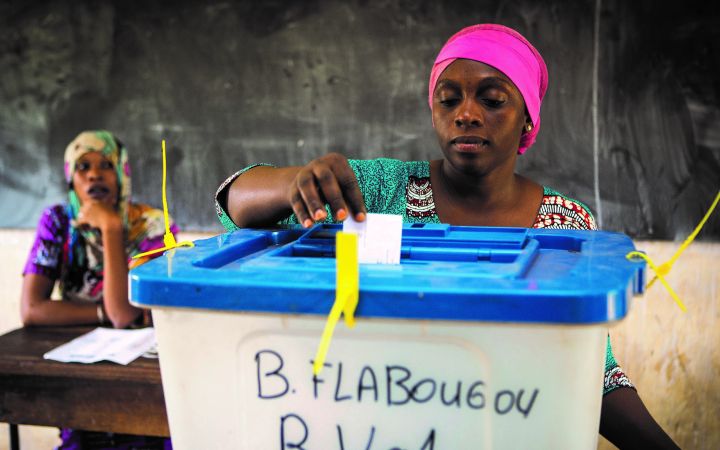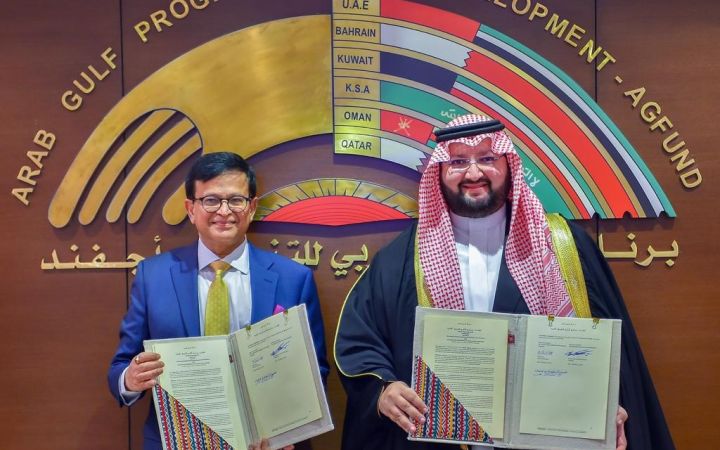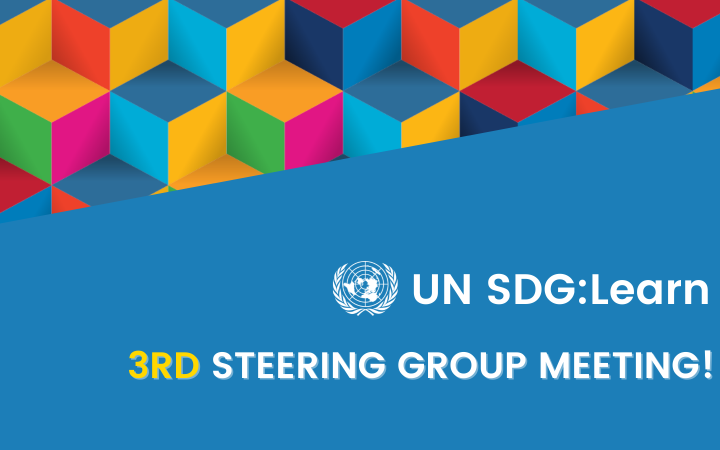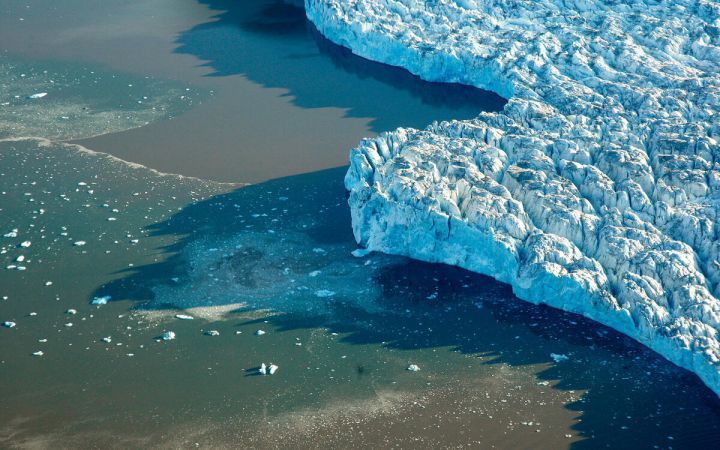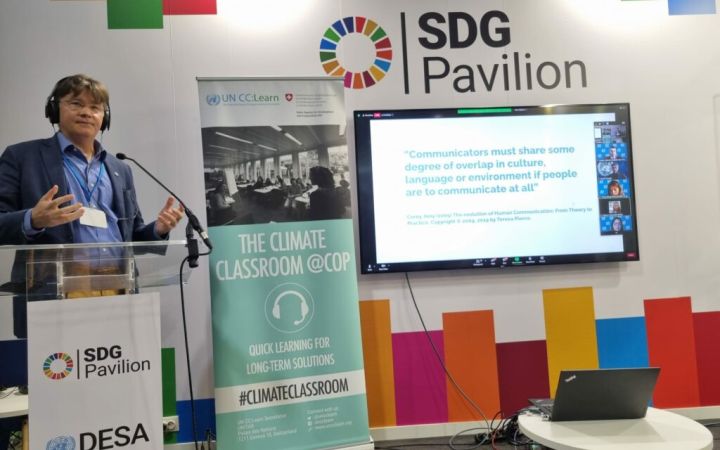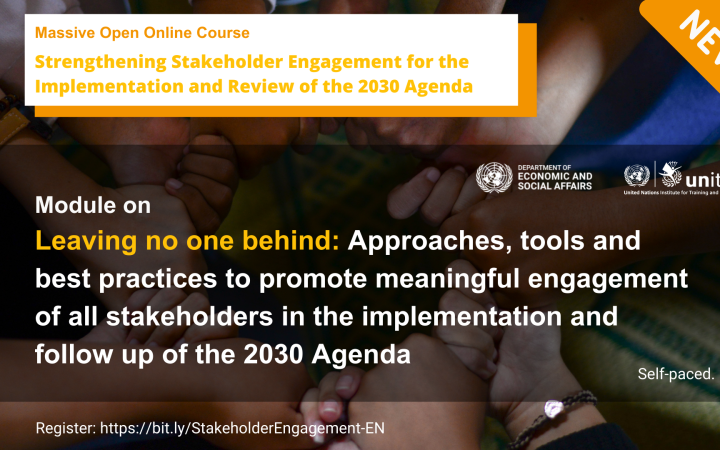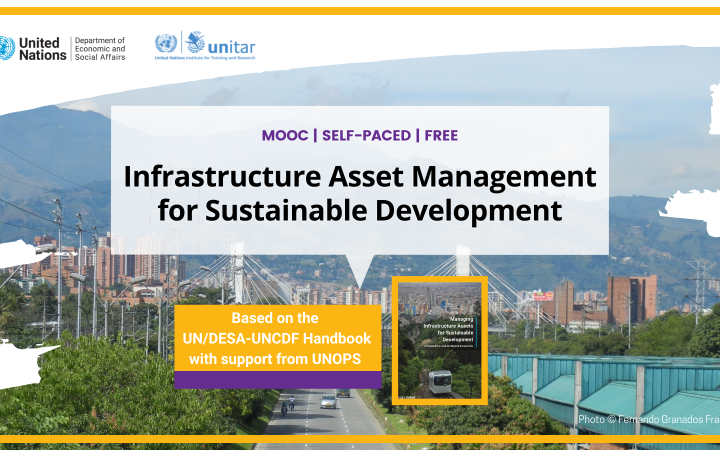Displaying 61 - 70 of 164
Did you know that when women participate in peace processes, the resulting agreement is 35% more likely to last 15 years? But did you also know that between 1992 and 2019, women represented only 13% of negotiators, 3% of mediators, and 4% of signatories in major peace processes? To combat the disconnect between these statistics, UNITAR has codeveloped with FemWise-Africa the Custodians for Peace project which empowers women with the skills and confidence to directly participate in peace processes.
Recognizing that women continue to face significant barriers to equitable and meaningful participation in peace operations, in November / December 2021, UNITAR and the UN DPO Justice and Corrections Service (JCS) jointly held an Assessment and outreach exercise for women corrections officers in Dakar, Senegal.
11 March 2022, Geneva, Switzerland - The Fischer Family Scholarship is an award of €5,000 granted to one student which has been admitted in the selection procedure pertaining to the Master in Electoral Policy and Administration (MEPA) program at the Scuola Superiore Sant’Anna. This scholarship is attributed to cover half of the tuition costs of the Master for the 2022 April Intake.
3 March 2022, Hiroshima, Japan - UNITAR Division for Prosperity is launching a two-week course on Introduction to Digital Health and Digital Entrepreneurship in Sahel Region. The online training will be delivered in French from 14 March to 25 March 2022. Women, youth entrepreneurs and medical practitioners are invited to learn skills, gain knowledge, and develop attitudes to help them adapt to and participate in the digitizing world and excel in digital health and entrepreneurship.
15 February 2022, Riyadh (Kingdom of Saudi Arabia), Geneva (Switzerland) - HRH Prince Abdul Aziz Bin Talal Al Saud, President of the Arab Gulf Programme for Development, AGFUND, and Mr. Nikhil Seth, Executive Director of the United Nations Institute for Training and Research, UNITAR, signed an agreement today to announce the establishing of the Global Partnership Hub.
29 December 2021, Geneva, Switzerland - On the 2nd of December 2021, UNITAR hosted the third meeting of UN SDG:Learn Steering Group entirely online. The meeting was co-organized with the UN System Staff College (UNSSC).
Enhancing International Scientific Cooperation: Arctic Science and Technology Advice with Ministries
The United Nations Institute for Training and Research (UNITAR) and the Program on Negotiation (PON) at Harvard Law School will collaborate on a project supported by the Japanese Ministry of Foreign Affairs and Consulate-General of Japan in Boston on Enhancing International Scientific Cooperation: Arctic Science and Technology Advice with Ministries. With the coordination of the Science Diplomacy Center at EvREsearch LTD, this training project, consisting of three webinars, aims to help enhance international scientific cooperation by inclusively addressing inevitable questions that involve the 2017 Arctic Science Cooperation Agreement, ministries of nations, indigenous peoples, and science. Upon the signature of the Arctic Science Cooperation Agreement in 2017, scientists from the eight Arctic governments were granted access to the Arctic areas that each government has identified, including entry and exit of people, equipment, and materials; access to research infrastructure; and access to data. The Arctic will be analyzed as a global case study in view of climate and planetary challenges to balance national interests and common interests “for the benefit of all on Earth across generations.”
16 December 2021, Geneva, Switzerland - UN CC:Learn's participation at COP26 highlighted the importance of education and learning in scaling up climate action. As in previous editions, the programme held a series of activities, notably the Climate Classroom, and collaborated with a wide range of partners. Read on to find out more!
A new Module focusing on “Leaving no one behind: Approaches, tools and best practices to promote meaningful engagement of all stakeholders in the implementation and follow up of the 2030 Agenda” of the Massive Open Online Course (MOOC) on Strengthening Stakeholder Engagement for the Review and Implementation of the 2030 Agenda is now available.
United Nations Department of Economic and Social Affairs (UN DESA), United Nations Institute for Training and Research (UNITAR) and the School of International and Public Affairs (SIPA) at Columbia University have launched a new Massive Open Online Course (MOOC) on Infrastructure Asset Management for Sustainable Development. The course was developed based on the UN publication “Managing Infrastructure Assets for Sustainable Development: A Handbook for Local and National Governments” – the result of a joint collaboration of UN DESA, UNCDF and UNOPS.


